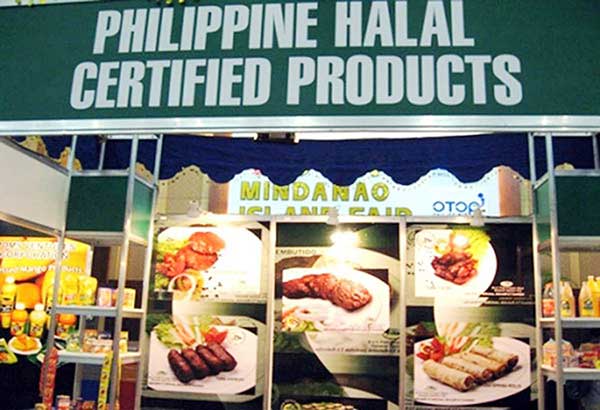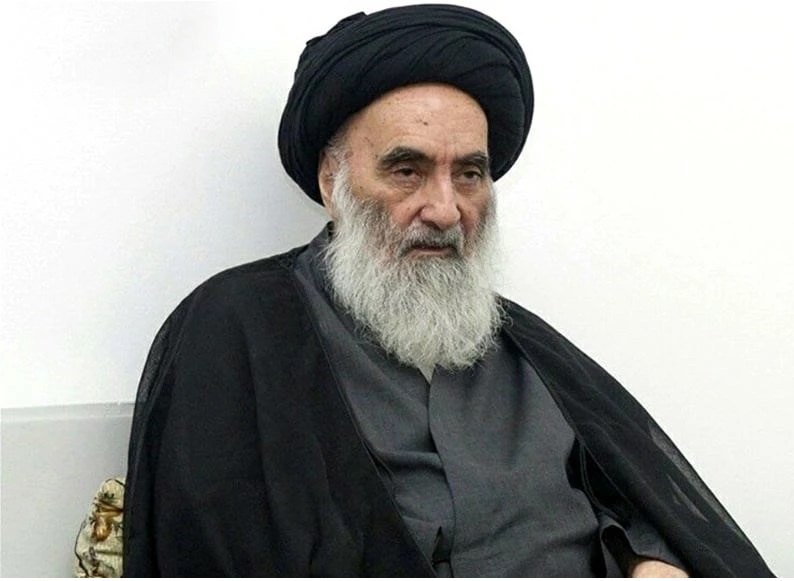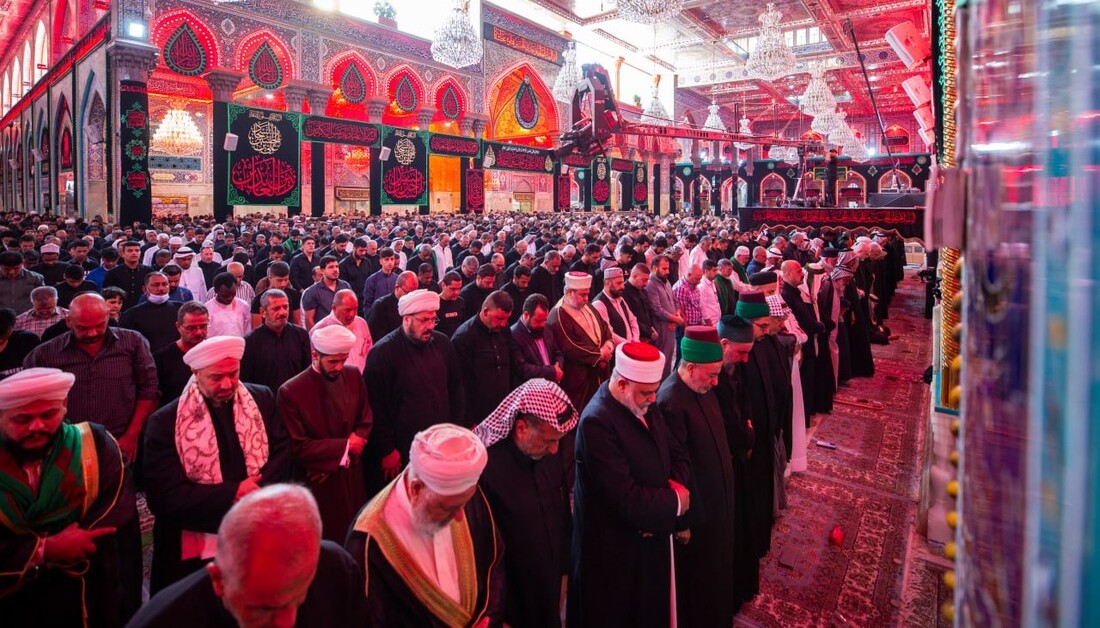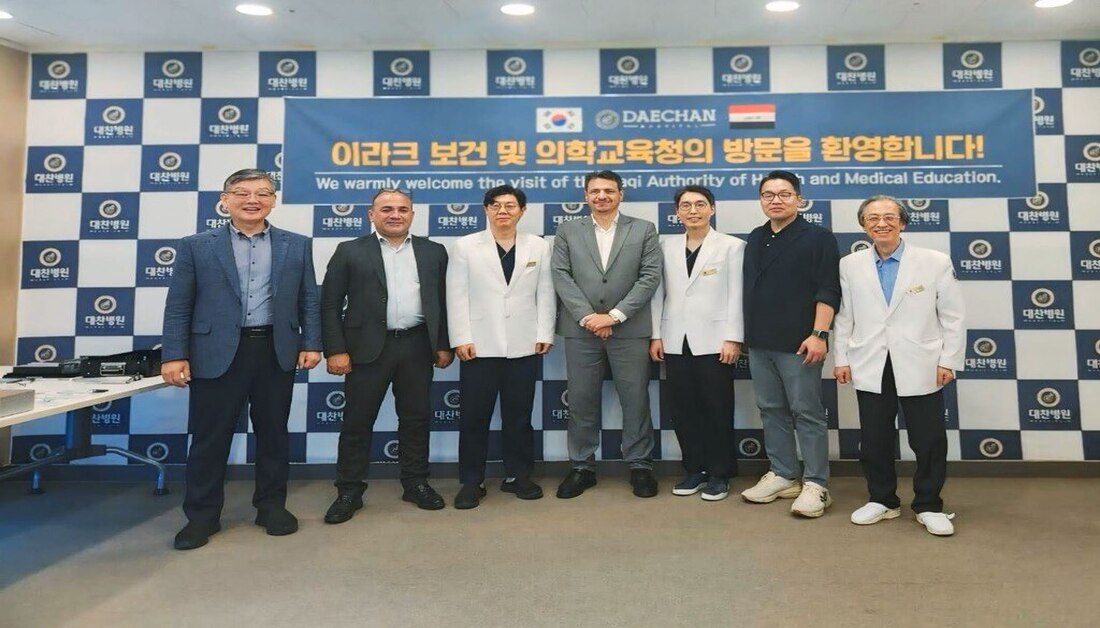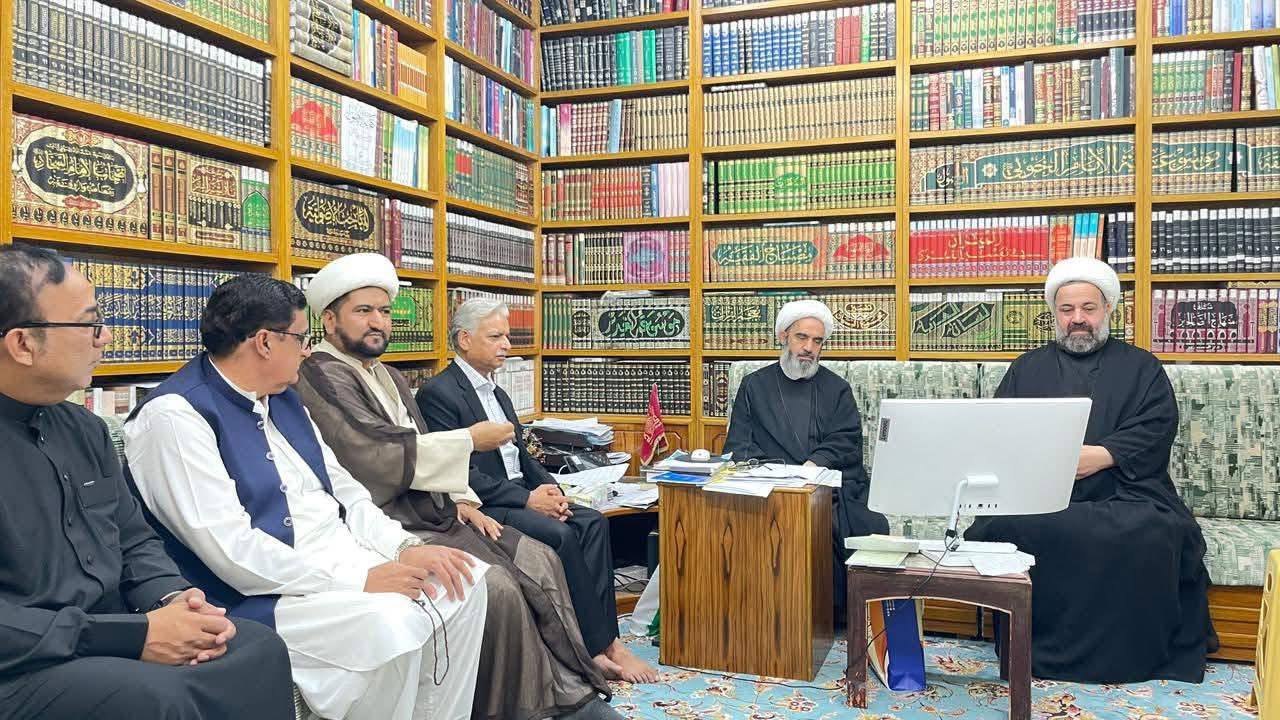The Philippines seeks to expand its Halal industry
According to the National Commission on Muslim Filipinos, the Philippines plans to empower Filipino entrepreneurs and further expand its local halal industry through cooperation with Arab countries.
Manila wants to raise 230 billion pesos ($4 billion) in investments and generate 120,000 jobs by 2028 by tapping into the global halal market, which is estimated to be worth more than $7 trillion.
The NCMF, a government agency whose mandate is to promote the rights and welfare of Muslim Filipinos, has been central in the nation’s efforts to ensure that halal products and initiatives developed in the country comply with Islamic regulations.
This year, as the agency established the Halal Division under its Bureau of Muslim Economic Affairs, officials are working on increasing collaboration with Arab countries to accelerate efforts in the Philippines’ ongoing halal drive.
“We are hoping that Arab countries can also provide us training on how they (develop) their halal ecosystem, or they want to invest here to build a halal hub, that is in the picture,” said Hamdan Moslem, the bureau’s development management officer.
The Philippines has set big targets to expand its domestic industry and aims to position itself as an Asia-Pacific hub of the halal industry.
Last October, the Department of Trade and Industry announced that the Southeast Asian country is aspiring to become “the most halal-friendly trade and investment hub in the Asia Pacific region.”
Muslims make up around 10 percent of the 120 million predominantly Catholic population of the Philippines.
